![]() Jun 08 2022
Jun 08 2022
![]()
From January 14, 2022, Italy implemented the transition to the EU SUP decree and published it on November 8, 2021. Unlike the EU sup directive, the Italian sup directive exempts compostable plastics.
Therefore, disposable plastic plates and cutlery must be kept away from the life of Italian residents, eco disposable plates and cutlery made of 100% biodegradable plastic will be preserved.
The directive behind this little green revolution is 2019 EU 904/EU, which targets all single-use plastics, including fishing gear containing oxidatively degradable plastics and plastics.
Say goodbye to disposables
According to the literature, "single-use plastic products" are defined as "products made entirely or in part of plastics, other than products made of natural, non-chemically modified polymers," and "oxidatively decomposable plastics" are defined as "Plastics with additives, no oxidation" In fact, the decree restricts the consumption of materials that do not comply with the energy change, which contribute to the microplastic pollution of the oceans, which is also reflected in our food.
Now, products made from washable, reusable plastic have no "disposable" features, so they are safe. As the directive states, member states must take "necessary measures to sustainably reduce the consumption of single-use plastic products". Currently, with no market alternatives, it "will substantially reverse the trend of increasing consumption". Our goal is to observe quantifiable results by 2026 compared to 2022. The directive and its operations will be reviewed in 2027 based on the results achieved, and the biodegradable plastics currently included in the SUP directive will be reconsidered.
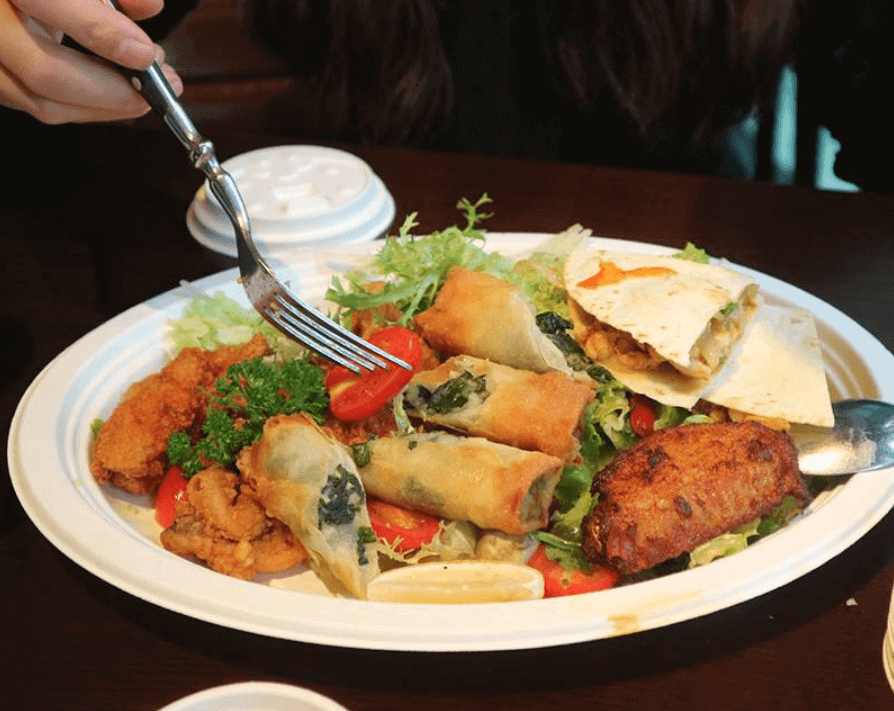
Stop using single-use plastic plates, forks, straws, etc.
Currently banned single-use plastic products are:
Cotton swabs; balloons and hovercraft; beverage containers up to 3 liters containing bottle caps and caps; styrofoam cups and beverage containers; beverage bottles up to 3 liters capacity; cutlery (forks, knives, spoons, chopsticks; stirrers) stick; plate; straw; plastic bag.
The EU has set a goal of halving plastic waste in our oceans and reducing microplastics by 30% by 2030. Also included in its list of products are fishing gear that contains plastic for spraying hooks, lines and rod components made of these materials to prevent damage to fish animals in particular.
The takeaway food container problem
There are currently no alternatives to plastics, no immediate ban or phase-out within a specified period. The food packaging sector is a separate issue. Well-known fast food chains offer hamburger containers. Not even plastic containers for restaurant takeout. Paper or 100% biodegradable material must be used. Over 40% of recyclable plastics excluded from ban
The ban stipulates that for products made entirely of non-decomposable plastics and single-use items, if the content of recycled materials in the composition of plastic products reaches more than 40%, they can continue to be used, but this percentage will rise to 60% from 2024. %above.
tax credit
To encourage alternatives to the Sup directive, companies using reusable eco disposable plates and cups made from biodegradable or compostable materials will receive a tax deduction of €3 million per year from 2022 to 2024.
PRODUCT CATEGORIES
![]() You May Also Like
You May Also Like
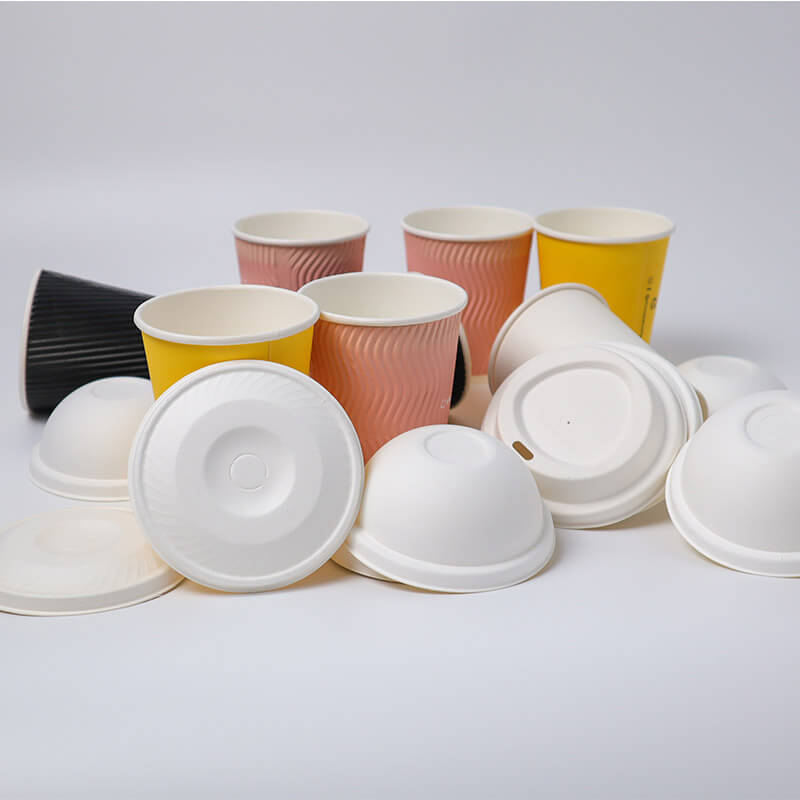
Custom Biodegradable Bagasse Pulp Cuplids, Coffee Paper Cup And Lids
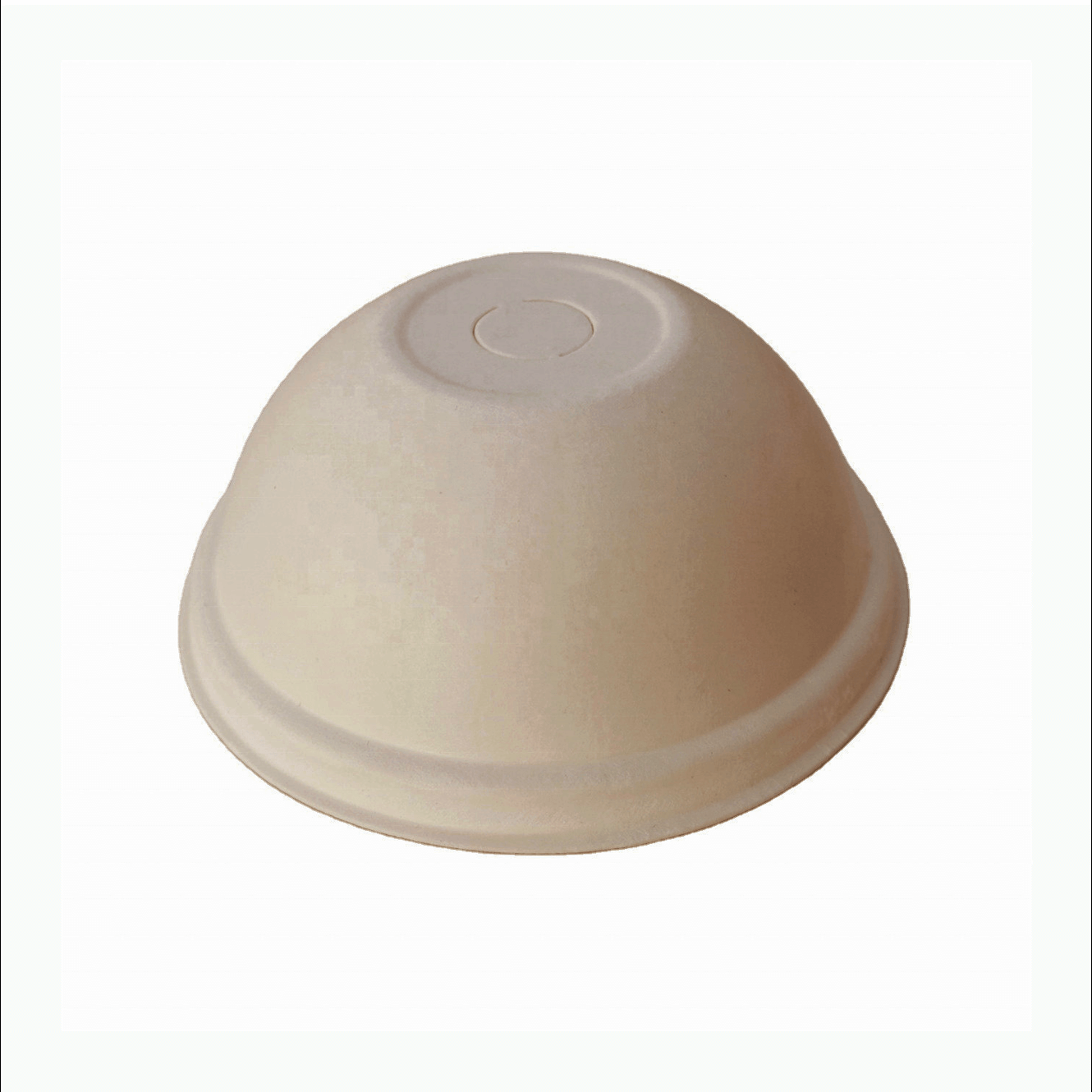
80mm Bagasse paper lid, dome shape, natural brown
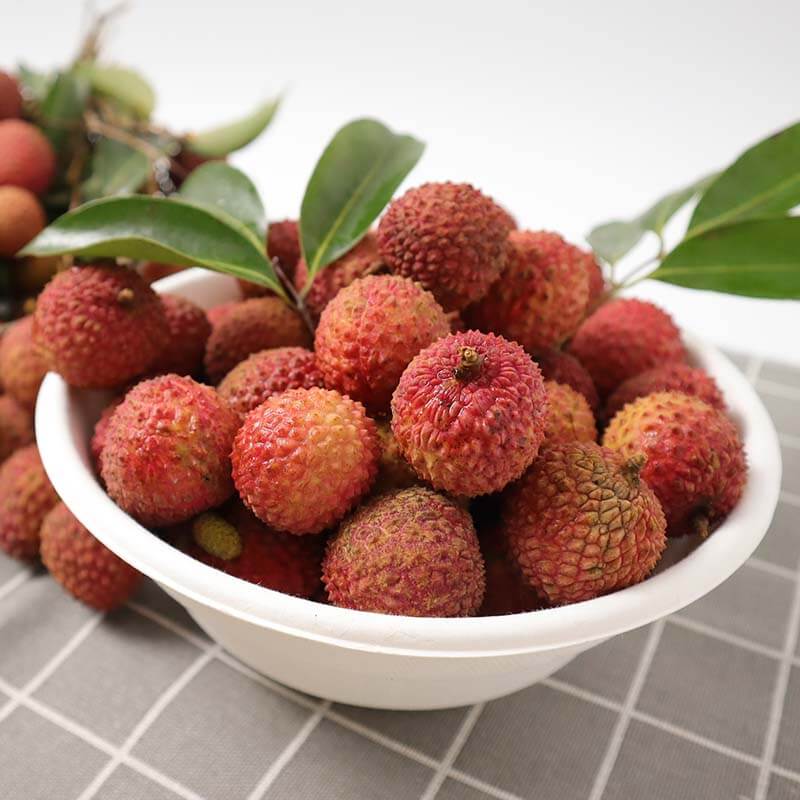
Wholesale Biodegradable Disposable Bagasse Salad Rice Fruit Bowl
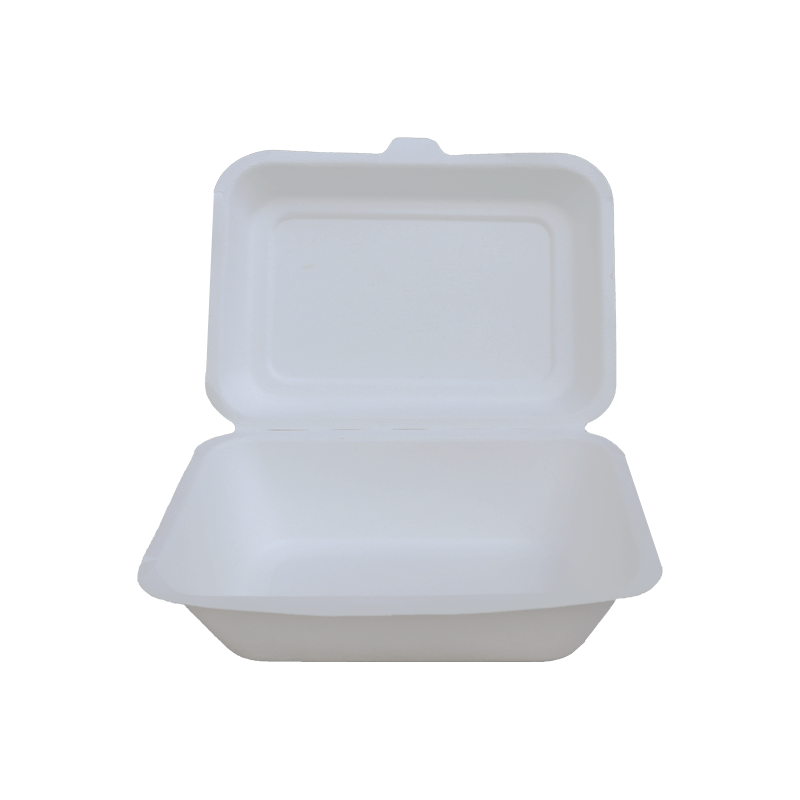
7 x 5 inch Rectangle bagasse clamshell, white
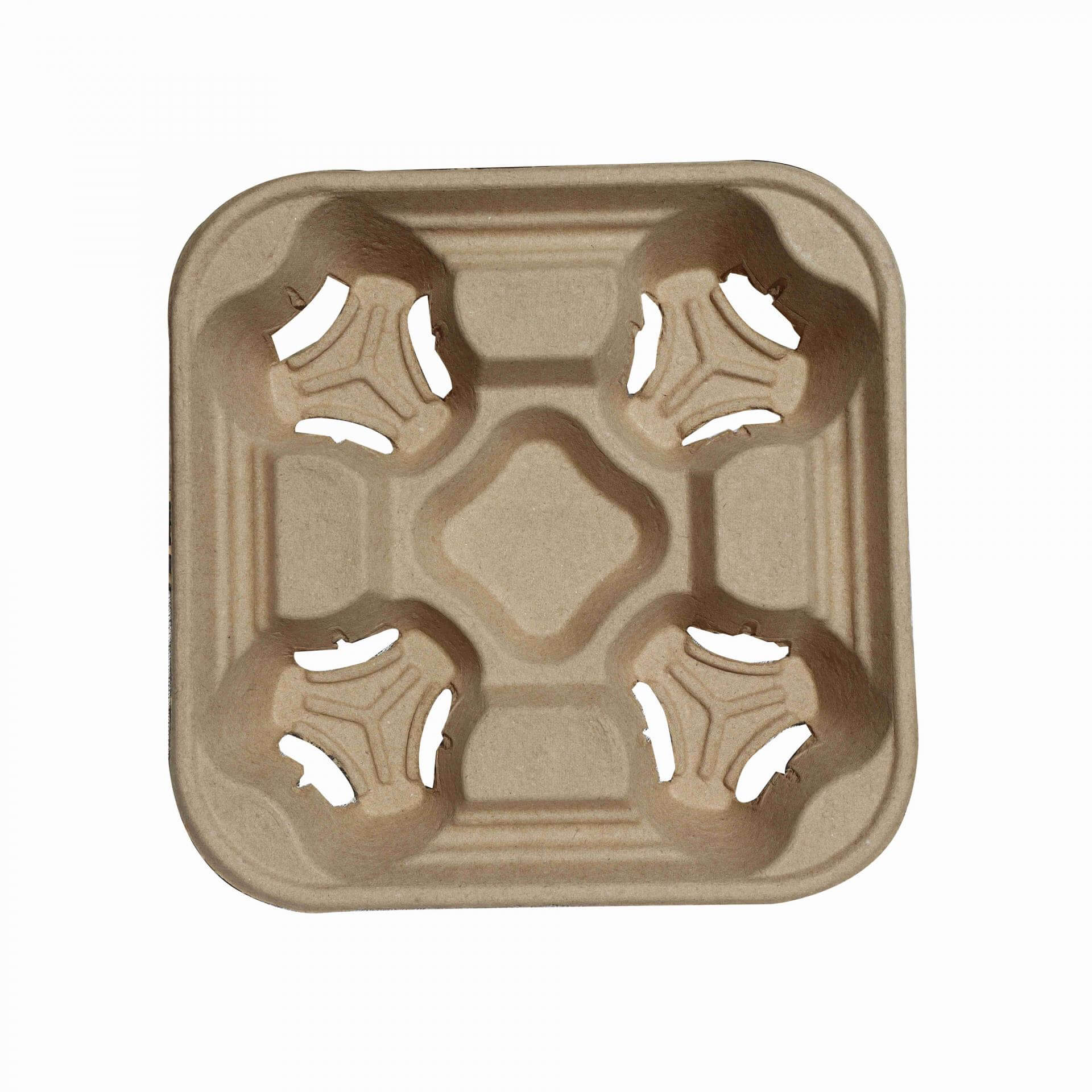
Corrugated pulp disposable 4 cup holder tray takeaway carrier
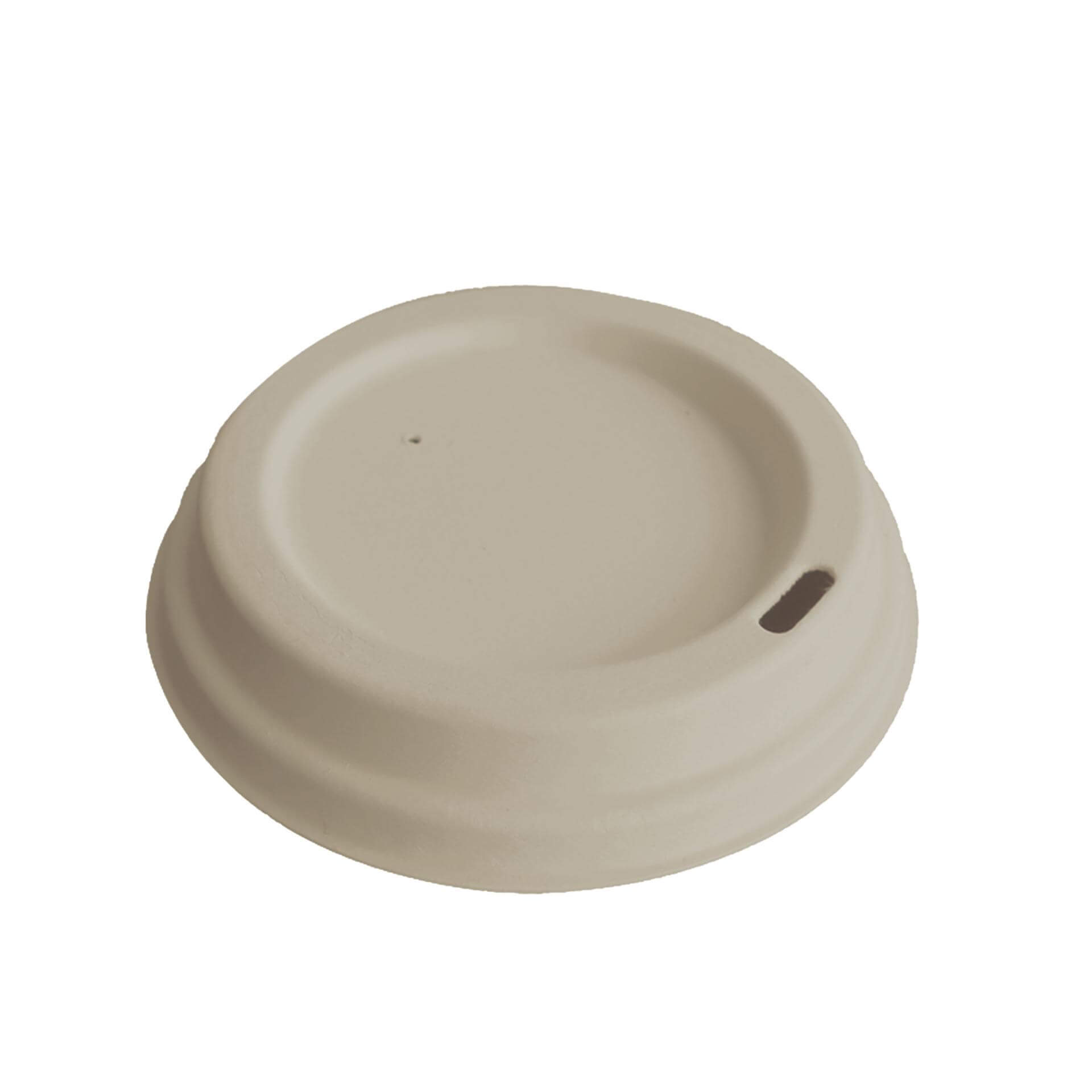
90mm natural brown sugarcane pulp sip lid, round design
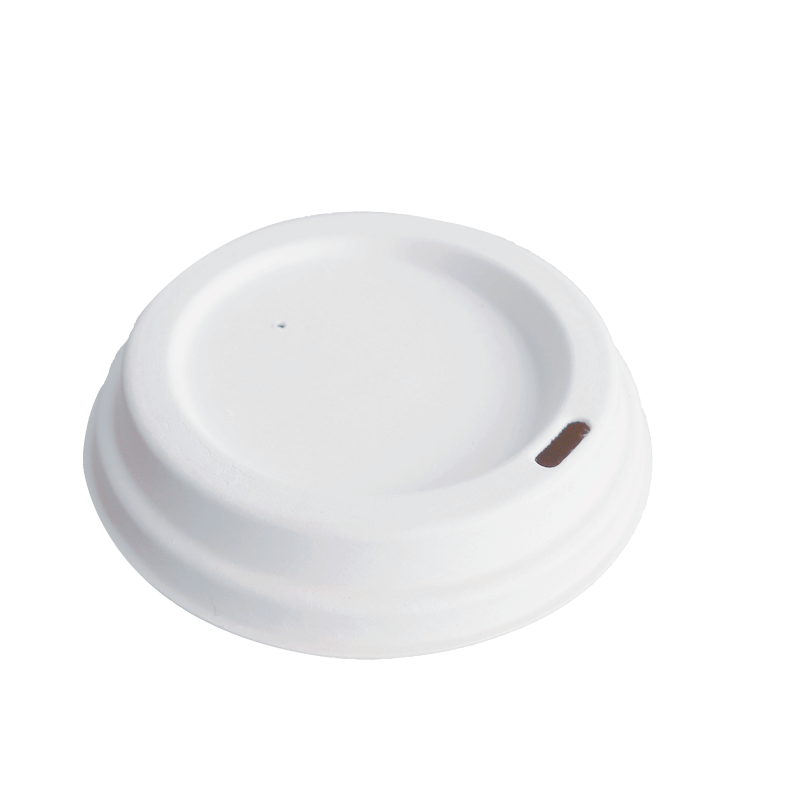
90mm White sugarcane pulp sip lid, round design
